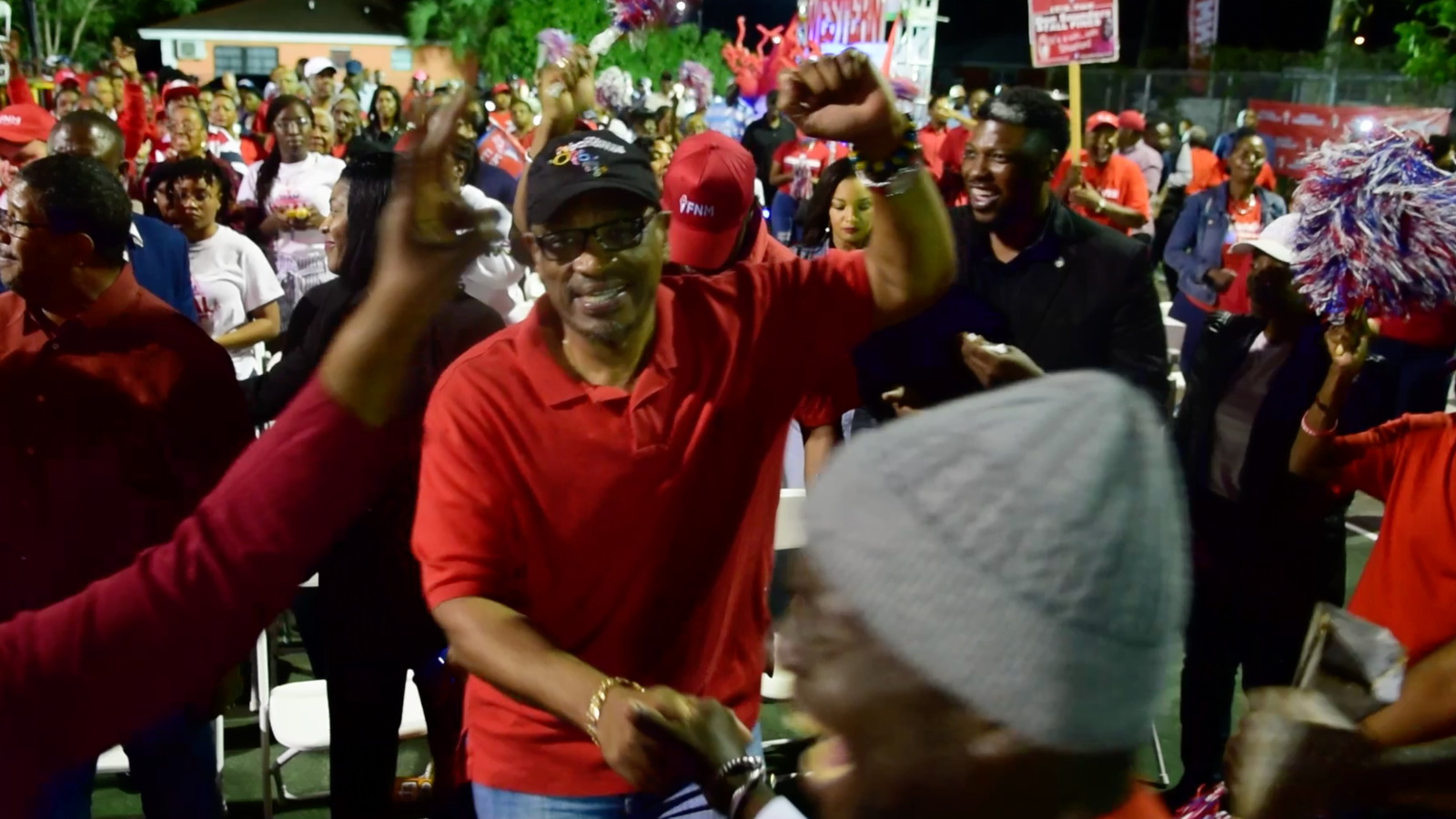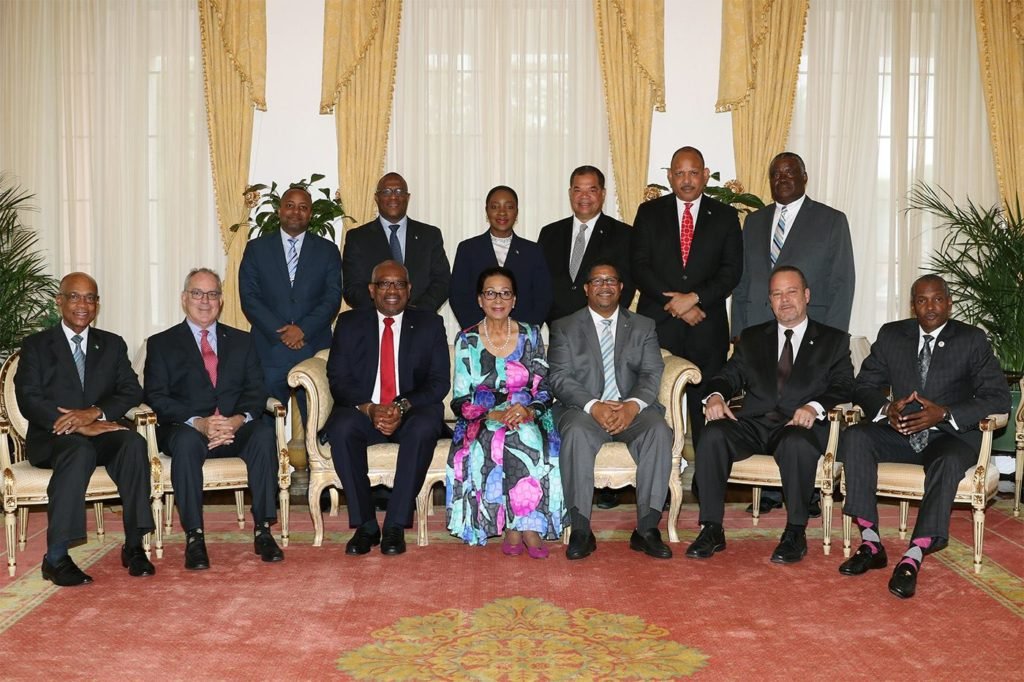NASSAU, BAHAMAS — Not since the release of the 1984 Royal Commission Report have there been so many resignations from Cabinet under one administration, according to a University of The Bahamas (UB) history professor.
Dr Chris Curry, associate professor of history at UB, told Eyewitness News the developments are “not a good look” for the Minnis administration.
“The last time we saw this much movement was in the 1980s,” the professor said.
Curry was referring to the Royal Commission report on alleged government corruption that led to the resignation of three Cabinet ministers: then-Deputy Prime Minister Arthur Hanna, Youth Minister Kendal Nottage and Agriculture Minister George Smith, as well as the dismissal of then-Tourism Minister Perry Christie and Housing Minister Hubert Ingraham.
Ingraham and Christie each eventually served as prime minister.

Curry continued: “The circumstances are different today, but there are clearly factions within the FNM (Free National Movement) and you have a leader that doesn’t seem to command the loyalty of the entire party.
“You also have a leader who is bolstered by a particular or unique situation where he has powers beyond those normally constitutionally allowed.
“You have now four Cabinet ministers who have resigned: Peter Turnquest, Duane Sands, Brent Symonette and Lanisha Rolle. I think, in a way, it is unprecedented in terms of party politics to have in such close proximity these resignations.
“These things do not look good for the current administration and it’s kind of unprecedented in our political history.”
Former Deputy Prime Minister and Minister of Finance Peter Turnquest resigned last November after an untested writ of summons alleged his involvement in a $30 million “bogus loan” scheme — an allegation he has denied.
Elizabeth MP Dr Duane Sands resigned as health minister in May after accepting responsibility for a breach of protocol amid the country’s border closure.
In June 2019, St Anne’s MP Brent Symonette resigned as minister of financial services, trade and industry and immigration.
Yesterday, it was revealed that Lanisha Rolle, the former minister of youth, sports and culture resigned from Cabinet and that “certain matters” that had been brought to the prime minister’s attention were “under investigation”.
Curry said he anticipates an early election will be called in either May or June — a belief that has also been expressed by House Speaker Halson Moultrie, who resigned from the FNM earlier this month.

“I think there will be an early election. I think it’s going to be either May or June,” Curry said.
“I don’t think there is any real advantage to calling an early election. I think that if the emergency orders are still in place, that could bring a halt to political rallies, which serve to drum up support ahead of an election.
“I think this administration may be looking to ride the success of curtailing the second wave of the pandemic.”
Still, Curry noted that since 1997 the country has been “flip-flopping” between the two major political parties.
“We have had a pattern of flip-flopping since 1997, meaning that incumbent governments since that time have not won the election,” said Curry.






